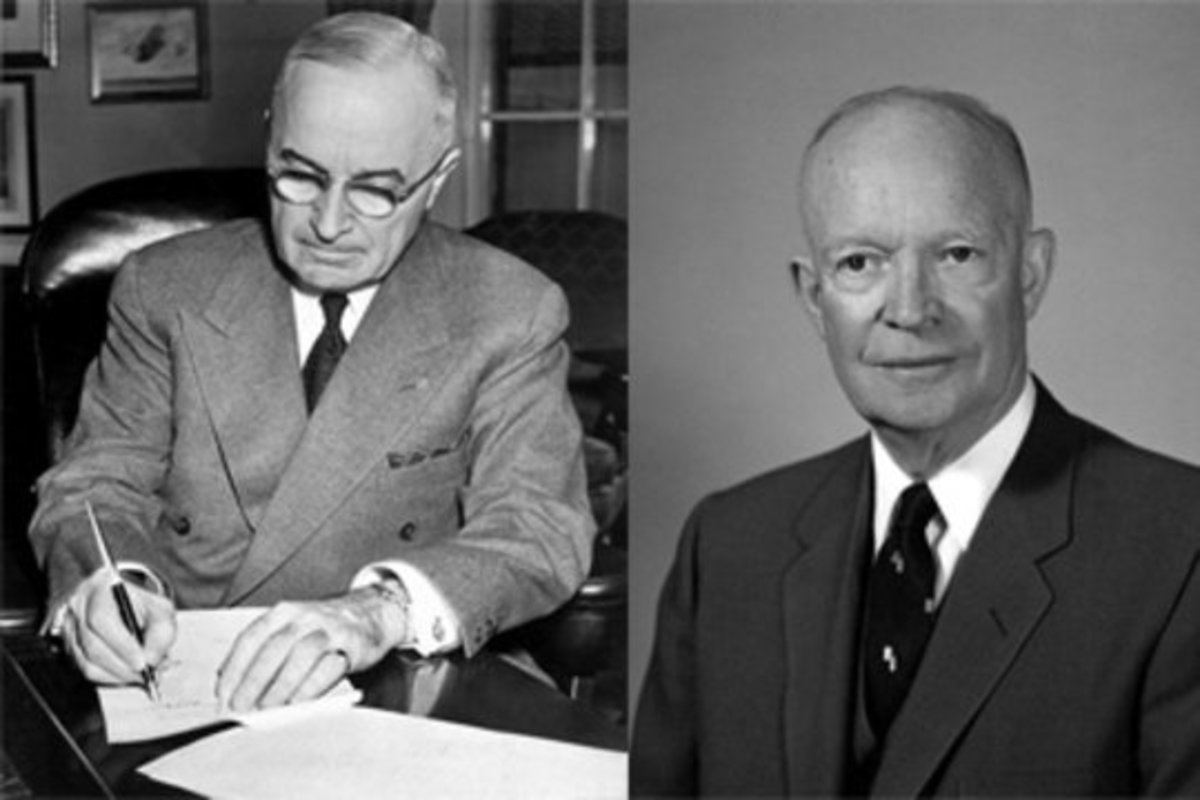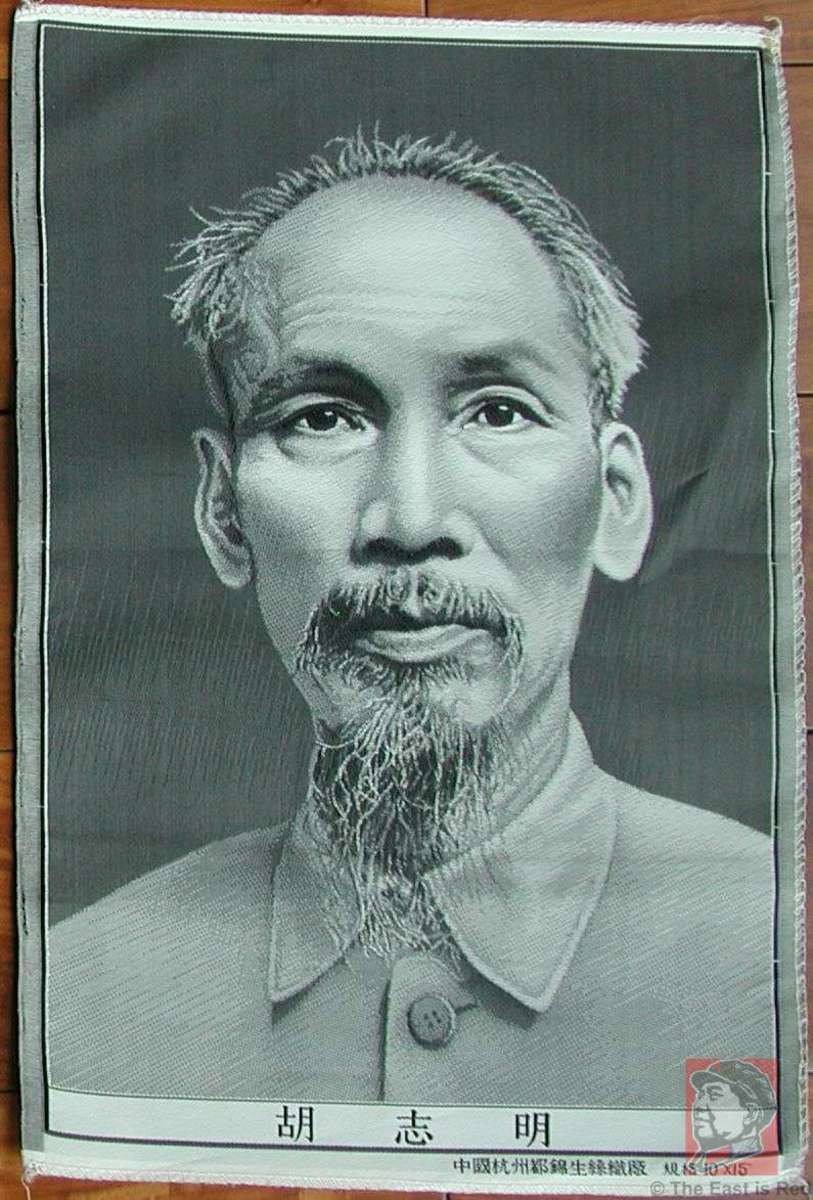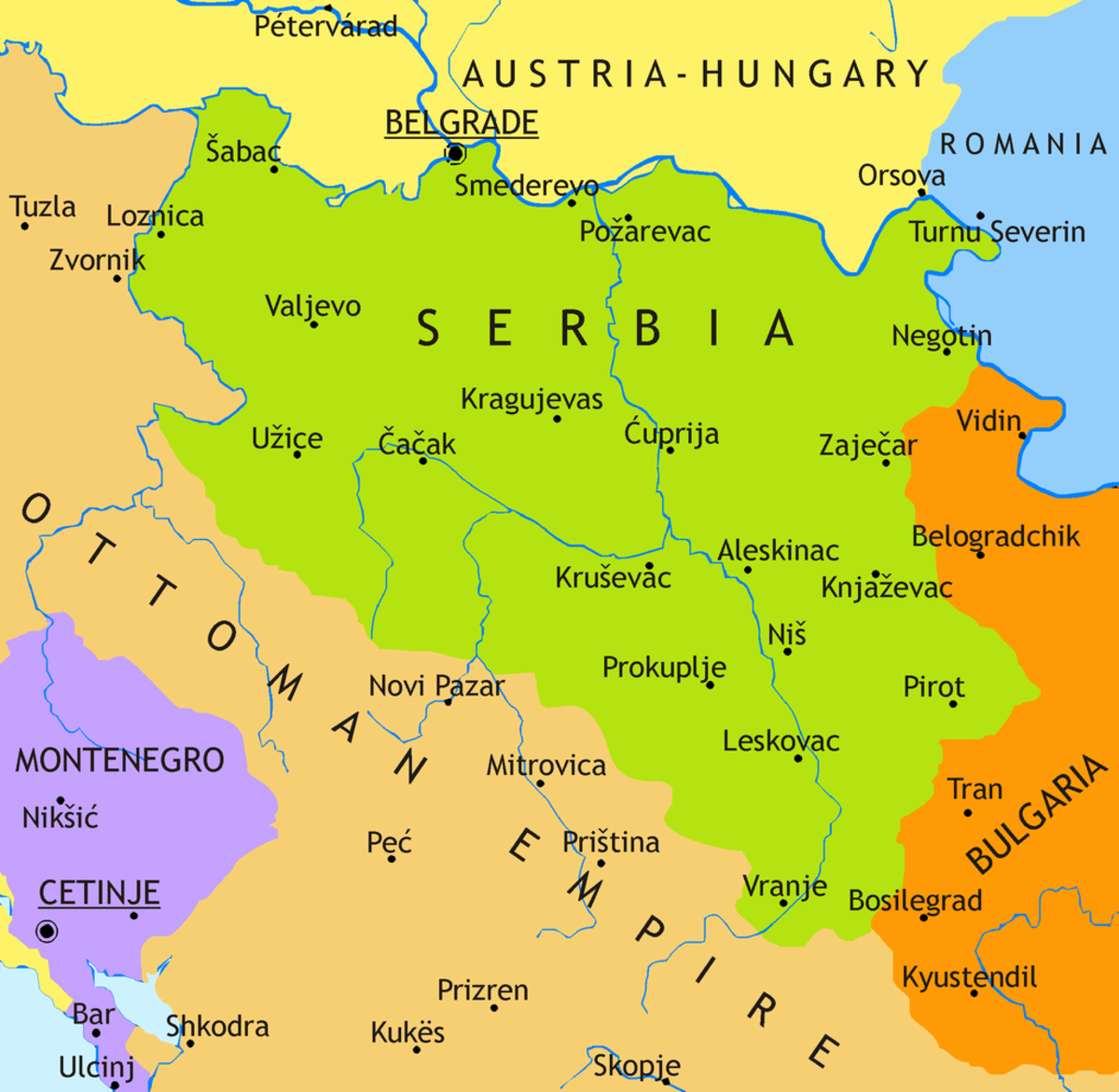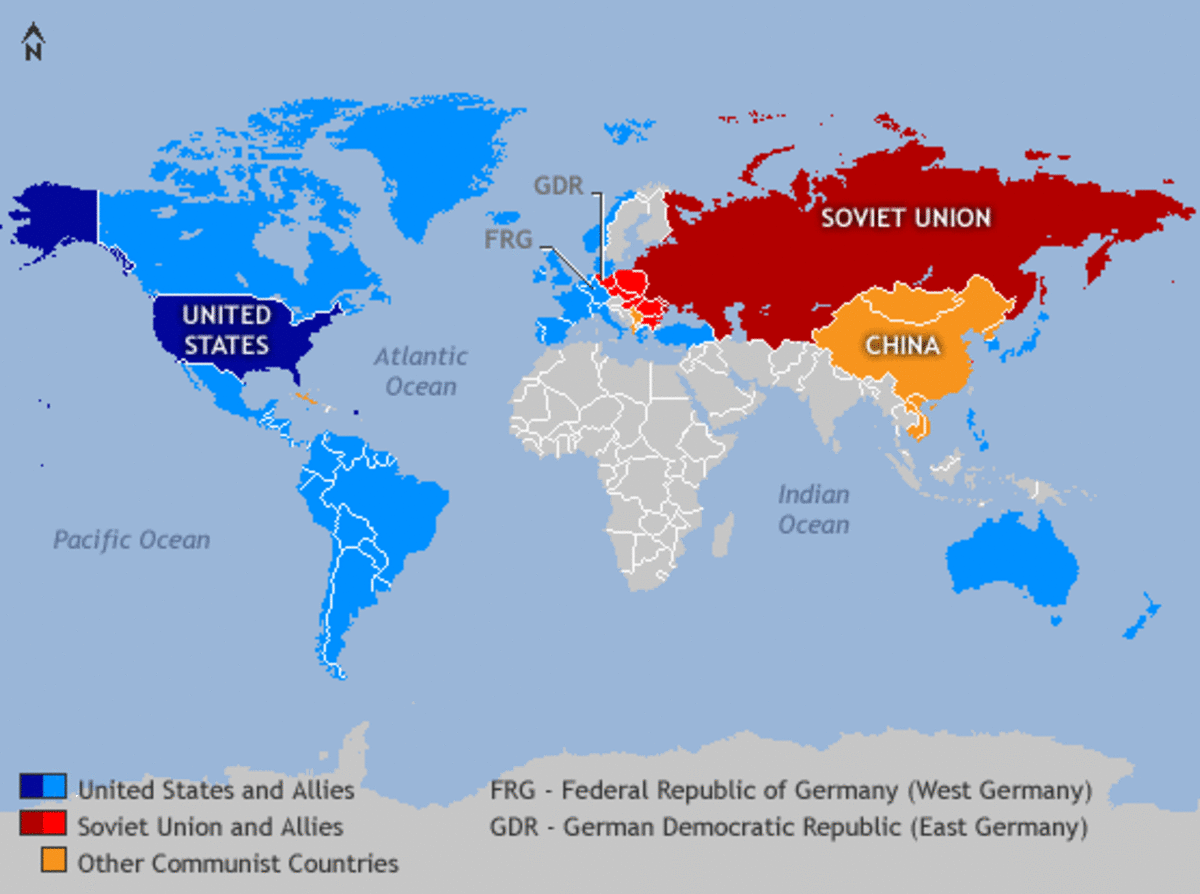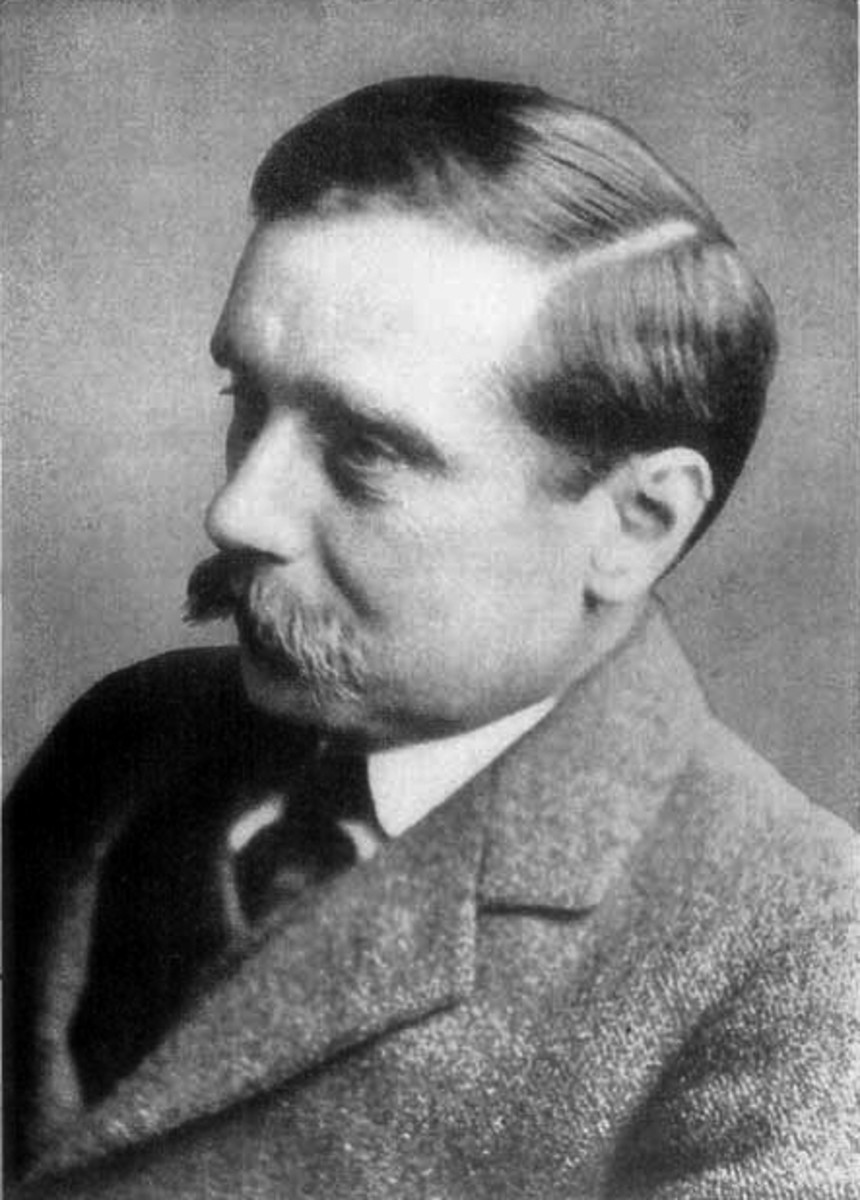Et Tu, Tito?
Yugoslavia, a Versailles State
There is a website that invites military history buffs and studious veterans to chime in on questions appertaining to mostly either WWI or WWII. The Second World War became an interest coming of age in the Fifties, alongside so much else that should have, and did, in fact, contradict it. Such was life. The war was over. The war. In living rooms or, later, barrooms, people always had a verbal reminder, either original, or a re-wording. Usually, it was the task of the young to just listen. The older generation not only knew much more, having lived through it, but already formed opinions, to which they were more or less welded. So, Europe lacked the will to fight. Nobody dared stop the madman. The U.S. bungled the aftermath, permitting Communists to grab satellite countries, clearly without the latter's consent. Among these ill-fated nations was Yugoslavia, governed by Marshal Tito, who, in the war, survived seven well-organized offensives by Germans to both kill him and destroy his following. Later, he had words with Stalin. Tito was known as liberal, not an obsequious subject of the Kremlim's rightwing, Marxist-Leninist line. There was such a thing as Titoism, but to non-Communists, it was never completely understood. For sure, Stalin, like Hitler, was not easily contravened. Things eventually came out, however, that altered first impressions. More camps, for instance. More midnight arrests. Slave labor. Food shortages. Atrocities. American Communists had been duped! Sadly, heroic Communists, adept at cutting down Nazis, had evolved into terrifying monsters. Nazi killing sprees faded from sight only to give rise to Communist purges. There were mock trials and executions. Heretics, like Trotskyites, were sent into exile. Rebellions were put down with tanks. For a while, it might have looked from a certain angle that Hitler had been right, that not Berlin, but Moscow, was calling the shots -- for nearly half the world. At the same time, a relatively small, multi-ethnic, short-lived country, which never broke free, passively resisted the new hegemony. It was hacked out on a map flung across a table at the Treaty of Versailles.
1936 Map of Yugoslavia
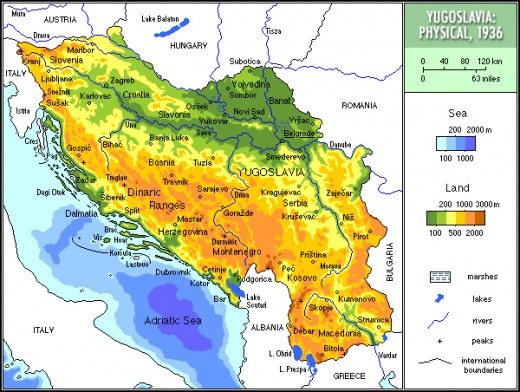
What Happened Next
Well, no sword has ever absolutely destroyed the power of the pen. Nonetheless, my discussion is part of a larger question: why is it that the end of WWII was not good enough to establish an enduring peace throughout the world? How Yugoslavia survived the USSR's iron fist only to later break apart into smaller national units is as related as it is complicated. Only one hundred years ago, Tito, then Josef Broz, was taken prisoner by the Habsburg Monarchy, freed by Bolshevik Russians in 1917. How nice it would be to merely state that the world had changed. But it would not only do that, but change again and again. It is one thing to speak of 500 years of Turkish oppression. It is quite another to report on how free Croats, Serbs, and Slavs could not maintain their new, modern country for the length of a single century. In my notes, I read how Italy conquered Albania, just beneath Yugoslavia, in 1939, the first year of WWII. Very possibly Mussolini had grand designs, consonant with Hitler's New Europe. Italy was only a short stint away across the Adriatic. Treaties be damned. Peace be damned. This was war. This was conquest.
Alas, it appears that there is more to it than might have been the case in earlier times. People resist being subdued, though it might take time. I gather Nazis were disliked in foreign countries. Without half trying, they made more capable enemies than useful friends. The Balkans were also to become a tactical source of worry for Germany's supreme leader. Not only were Tito's Partisans running roughshod over his better-trained, better-equipped, better-fed soldiers, but he painstakingly dwelt on the likelihood of an organized Allied invasion. He pictured it, quite reasonably, entering through the Balkans. "The soft underbelly of Europe," he called them. He did not want Partisans to lend a helping hand. Things had been going haywire for a while. It is strange for the reader, in any case, to always find at the bottom of an execrable action or policy, someone with a name, and an emblematic, photographic likeness. Simply pronounce the few syllables from which the name is composed, or flash his photo, then seethe . . . then nothing. Back then and there, a little hot air aroused multitudes of unknowns to diabolical cunning and butchery. With few reporters or independent observers, Croatia, for instance, was so out-of-control, the only formal complaints lodged against it came from Nazis and Italian Fascists.
Battle of Kosovo 1389
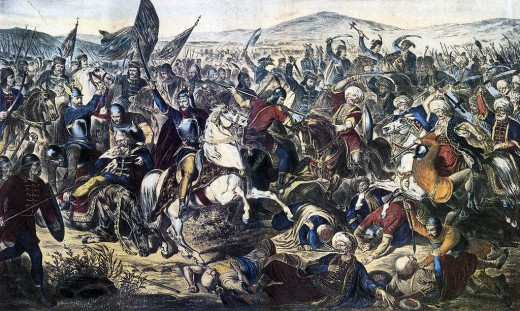
Man's Murderous Nature
To write for a publication, to be affiliated with a political cause, or to be deeply immersed in a religious theology is different than being a free-thinker, independent, if ignored. So every now and then it is only natural for me to wonder what it is I am pondering while trying to produce an article worth a few minutes' time. My encapsulated subtitle summarizes the entire query. Now, the world is not completely saturated with inhumanity. After all, it is not populated by six to seven billion predators. Very many would not fight to save their lives. Just as many are incapable of fighting altogether. But what do history books offer, along with much else, if not generous amounts of gratuitous violence? At the same time, only because I rubbed shoulders with believers, are we to perceive the excesses of the past, along with today's violations, among that class of things which must somehow "surely" come to pass? These are certainly the End Times, a concept with which I would not hesitate to agree. Civilization has not just begun, nor undergone a new dawning. Only consider, however, the possibility of something having gone wrong -- wrong again! -- so that the promises ahead, toward which we longingly gaze, might not also "surely come to pass".
What I am suggesting, only for the sake of contemplation, is a scenario in which there is not much time left for mankind on earth in the way of a meaningful future. The Kingdom of Heaven might well have been at hand, when it was announced, and could still be, at this very minute. Yet it is visibly rejected all day, all night. If so, then it is unlikely our divine inheritance will be forced upon us. I cannot prove anything, well aware that believers are not called as such for nothing. To them, it will all take place, imperceptibly, perhaps, but guaranteed. At some point, regarding earthly forms of government, if none work, then we have exhausted our options. With anarchists at the helm, we will be a ship of fools. No one need tell us that when things go bad, people get mad. Today's weaponry is destructive beyond requirements to do away with everything. It is an enormous universe. We will not be missed. No one need know we are gone. Despite a genuine, if inconceivable, offer of Eternal Life, it need not be accepted. Acceptance is up to men and women of free will, who appear more intent upon other concerns and distractions.
Marshal Tito 1961 Kumrovec
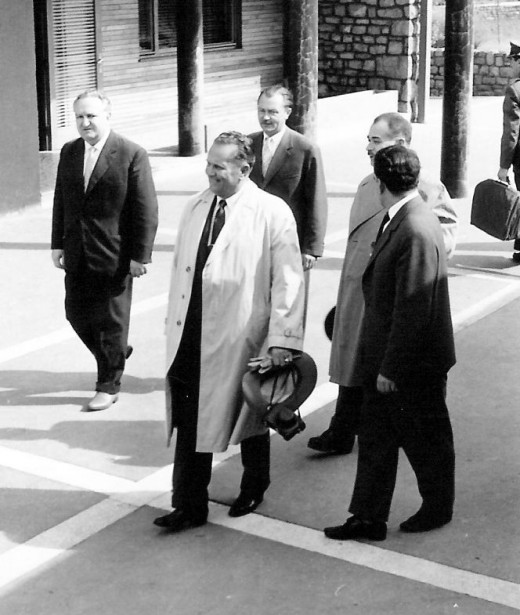
Defiance
This, of course, is where Tito comes in. The peoples of Yugoslavia were not all alike, though he, like many of his fellow countrymen, chose Communism, very popular at the time, even in the elite salons and manors of the uppercrust. Such was the Europe Hitler griped about. All that fighting in trenches only to hand over their destinies to manicured, pie-eyed, art-swapping socialists. How does one make sense of European history anyway? In the middle part of the war, a disreputable but charismatic priest warned congregants to refrain from foul language. Russian officials declined to hear about the English not engaging in rapine. Hitler, characteristically, says that Tito's rebels must be shot, not "dealt with". Chetniks, Italians, Germans, and Croatians combine to annihilate them. But the main point is that they do not. Italy surrenders. It never really held up its end of fascism anyway. Germans do not lavish special treatment on them either. Many are instantly put to death as soon as their arms are laid down.
American history students learn that there was speculation about D-Day a year before it took place. Only four years into very possibly the worst war ever, it looked as if the Thousand Year Reich was fated to precede the Worker's Paradise onto the eternal garbage heap. It is hard to pass judgment on people who lived a whole era before one's own birth, but of the two, the latter seems at least less disingenuous. Was there ever anything realistic about Aryanism? In political systems, nothing really endures, not forever, or comes to lasting fruition. Already the New World Order itself is on life support. For a while, all the same, I think Tito presented an alternative ideal on the other side of the Iron Curtain. Today, it is no longer Communism that has anything to prove. Capitalism and Democracy are being tested. Personally, I think their days are also numbered. Then what? By now, many have fled what appears to have become the incipient stages of a dark middle ages in the good old USA. They do not care about the pendulum swings of political fortunes. It was not Obama, Bush, or Clinton who drove them away. They just like it better in Ecuador, Panama, Colombia, and Belize. Life had been too hard in Pennsylvania, Ohio, and Nebraska.
Slovenia, Northern Yugoslavia
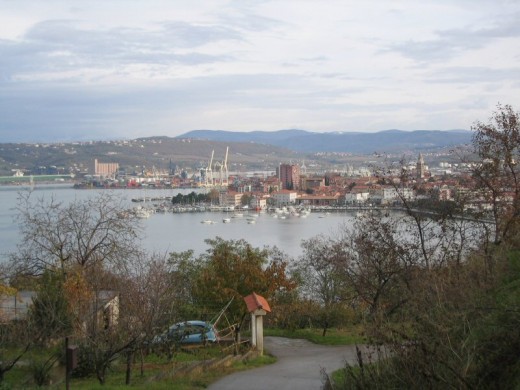
The Human Touch
Purchase a book about Tito and soon you are above your eyeballs in political entanglements that, in the case of the Balkans, include abbreviations of Serbian and Croatian words, accent marks above consonants, and unpronounceable names and places. But here and there, less ethnic elements begin to crop up, such as the man's multiple marriages. Tito himself was Catholic, Communist, Croatian, and, though an almost lifelong militant, definitely not Hitler's type of martinet. I would be more than willing to wager that he owed his life to blind chance, but the Partisans fought well against the Master Race. They truly made their own luck. Eventually, approaching Tito as a scholastic topic, despite his having been a great soldier and statesman, runs aground. Nobody struts about forever with a halo. He retains enemies throughout his lifetime. He is blamed for shortcomings and disappointments, perceived or real. He is denounced by both European and Soviet presses. He is also part of a movement few in the Free World condone. Communist leaders built costly monuments, and went on lavish retreats, while ordinary apartment buildings fell into dangerous decay. The Party always overshadowed everything. But when all is said and done, Tito beat out the competition from his part of the world during his day and age. What a world, too! To my mind, the Balkans outdo the Middle East in almost all negatives imaginable. It is hard indeed to hail from such disputatious milieus and not dip beneath the sacred levels of human decency. Yes, alas poor Hitler, alas poor Nazism. Tito may not have delivered the coup de grace. But he also thrust in his dagger.


